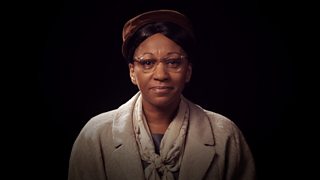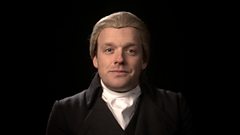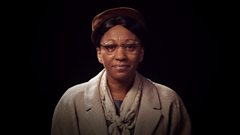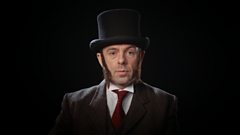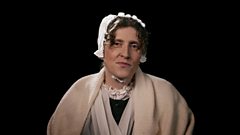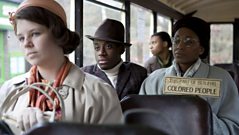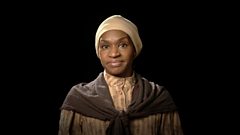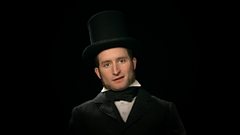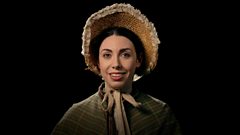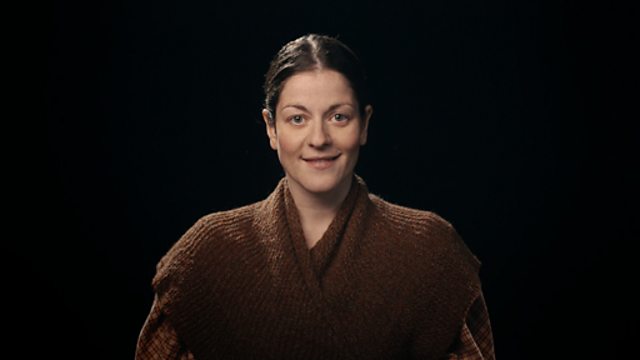
The life and work of Grace Darling
Grace Darling tells the story of her life and work, and describes the night she and her father rowed out in their tiny boat to save nine sailors.
Grace Darling tells the story of her life, and describes the night she and her father rowed out in their tiny boat to save nine sailors. Told in the first person, and brought to life with a mix of drama, movement, music and animation. We see Grace growing up in the lighthouse and the night the storm breaks. Grace spots people in the waves and, determined to try and save them, rows out into the storm with her father to try to rescue them. We see the full force of the storm. The waves were enormous, and Grace had to steady the boat while her father pulled people aboard. By the time they returned to the lighthouse, they had saved nine souls who would otherwise have perished. It was an extraordinary act of bravery that made Grace famous.
Teaching History?
After watching the first part of the film pupils might like to think about how different it must have been for Grace living in a lighthouse. What would have been the good things about living in a lighthouse, and what not so good? After rescuing the people from the storm, Grace says that 'perhaps she was brave.' Do the pupils think she was brave? Did she deserve all the attention from newspapers and painters? Do they agree with Grace that the attention and fame was because she was a girl?
One historian said that Grace deserved her fame because she was the perfect example of ordinary people doing extraordinary things. Research other ordinary people who might be - or who deserve to be - famous for doing extraordinary things. Can pupils come up with a set of reasons (or criteria) why people should be famous, or as historians say, significant?
This film would be relevant for teaching history at Key Stage 1 and 2 in England, Wales and Northern Ireland and First and Second Level in Scotland.
Duration:
This clip is from
More clips from Episode 2
-
![]()
The life and work of Edward Jenner
Duration: 11:35
-
![]()
The life and work of Rosa Parks
Duration: 11:42
-
![]()
The life and work of Thomas Barnardo
Duration: 12:48
-
![]()
The life and work of Elizabeth Fry
Duration: 12:20
More clips from True Stories
-
![]()
Promo - True Stories
Duration: 00:26
-
![]()
The life and work of Harriet Tubman—Episode 1
Duration: 12:31
-
![]()
The life and work of Isambard Kingdom Brunel—Episode 1
Duration: 10:42
-
![]()
The life and work of Mary Anning—Episode 1
Duration: 12:14
